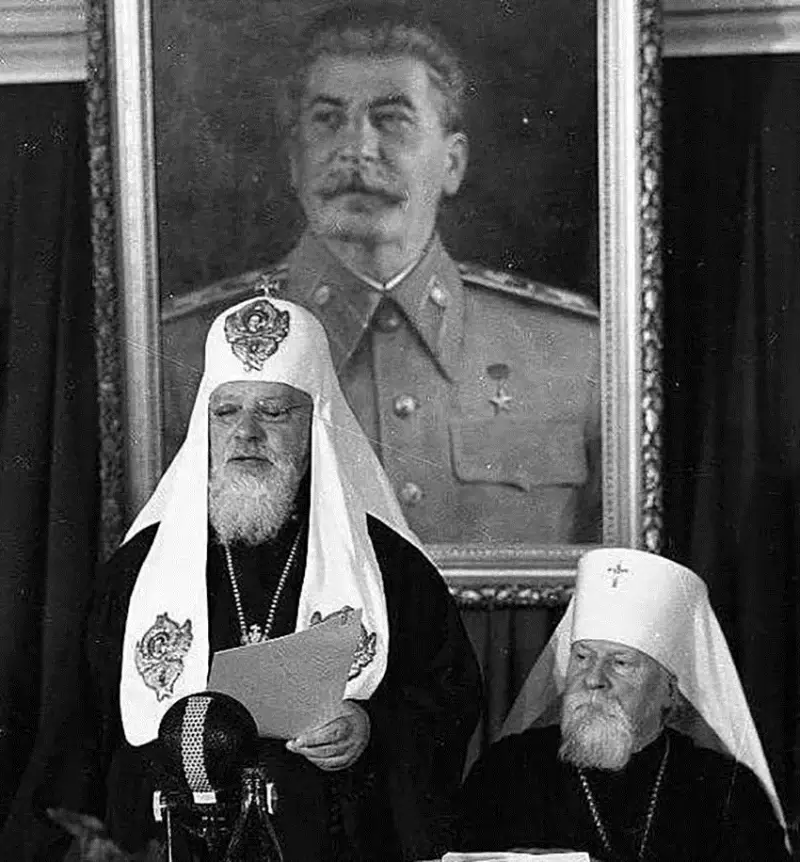who are the patriarchs?
Angela Saini has a few books out. One of them is called The Patriarchs. I agree with nearly everything she writes but she is completely wrong about Communism. On page 190 she writes:-
"One of the first political changes that the leadership introduced when it took power in Russia was to put women on an equal legal footing with men, notes historian and political scientist Archie Brown."
Who does she mean by 'the leadership'? From the context you would think Lenin and his Bolshevik government. That is not true at all. Women gained the vote before the Bolshevik coup and used it in the 2017 election. Lenin, however, ignored the votes of millions of men and women and kept power for himself. Thus you could say that he took the vote away from women (and men).
Soon after the Revolution in early 1917 40,000 women marched through the capital city. At the State Duma they demanded to meet with the deputies. Negotiations continued into the night, and ending with Lvov giving in and awarding women the right to vote.
So you could say that it was Prince Georgy Lvov, the head of the provisional government, who gave women the vote. However, he had previously refused to consider a petition sent by the Russian League of Women's Equality. So you could say the women took the vote for themselves with their march and demand for negotiation.
Lenin and his Bolshevik party took power later in the year. He could have cancelled the planned elections but that would have lost him support and he was hoping his party would do well. Men and women voted for the Socialist Revolutionary Party more than any other party. A man called Chernov should have become the new leader of Russia but Lenin kept control for himself.
The Bolsheviks didn't really believe in parliaments anyway. They thought that parliaments were part of the capitalist phase of human development. They much preferred soviets. These were workers' councils. The Bolsheviks had more support in the two big cities than in the countryside. Lenin could manipulate the soviets but also ignore them.
When other parties got their act together and started to participate in the soviets the Bolsheviks could see their support ebbing away. So they dissolved any soviet where men and women had voted for other parties, the Socialist Revolutionaries and the Mensheviks.
The Mensheviks were the other Marxist party. They gained control of Georgia where they implemented the sort of reforms that people would expect from true socialists, including the sort of land reform that the majority of people wanted. The Mensheviks came to power in Georgia through an election where both men and women had the vote. Five women were elected deputies. They were only in power for a few years because Lenin sent his army in to take over: to murder and torture large numbers of people who hadn't managed to flee. So he took the vote away from Georgian women as well as Russian women. Although it is said that this was Stalin's project, Lenin merely 'approved' it (pity he didn't consider the wishes of Georgian women as much as the wishes of Georgian men Stalin and Ordzhonikidze). That's How Men Came to Rule in Georgia.
On page 200 of The Patriarchs by Angela Saini she writes about the encounter between Khrushchev and Nixon later known as the Kitchen Debate. This supposedly outlined the differences between the Russia and America in terms of gender equality. The point though is that American men and women could vote Nixon out of power, but Russian men and women couldn't vote Krushchev out of power. Russian women had the vote, then it was taken away from them. They might have had pretend votes which would not have affected 'the leadership'.
On page 219 of The Patriarchs by Angela Saini she writes:-
"In China between the 1950s and the 1970s, the Communist Party openly celebrated its commitment to gender equality. The country had the world's largest workforce of women."
Women and men were slaves in Mao's China. Lack of food caused oedema/edema, a swelling of the body. Lack of food and overwork caused prolapsed wombs in millions of Chinese women. This is what Frank Dikötter has written in his book Mao's Great Famine: The History of China's Most Devastating Catastrophe, 1958-62. You can also read Mao: The Unknown Story by Jung Chang, The Penguin History of Modern China by Jonathan Fenby and Tombstone: The Untold Story of Mao's Great Famine by Yang Yisheng.
Between 1958 and 1962, 45 million Chinese people were worked, starved or beaten to death. Rape 'spread like a contagion', according to Dikötter. Yet Angela Saini seems to think it was a time of 'gender equality'. If men and women are treated equally badly that is bad enough. We have no reason to believe that women suffered more from oedema than men, so that's not a problem then, that's equality. Women however suffered the extra problem of prolapsed wombs and mass rape. Look on the bright side though - a woman with a prolapsed womb might not have seemed so attractive to the rapists. Gender equality? I don't think so!
I have started reading Tombstone: The Untold Story of Mao's Great Famine by Yang Yisheng. I quote below from this book about the situation of women in Communist China.
page 196 ""The communal canteen is a dining hall (a place for getting food), a tribunal (a place where kitchen staff and managers beat and scold people), and a bordello (where team leaders and managers hire the prettiest girls as kitchen staff and mess around with them." For example, the leader and manager of Team 6 ... took more than their share out of commune members' grain rations and used these rations to seduce and rape thirteen women. In 1960, thirty-nine people who ate at this communal kitchen died."
page 217 "On February 1, 1961, the Central Committee endorsed a Health Ministry report that classified conditions associated with starvation, such as edema, emaciation, amenorrhea, and uterine prolapse, as routine illnesses."
page 220 "Gynecological disorders were rampant, especially amenorrhea and the excruciatingly painful uterine prolapse."
Angela Saini doesn't seem to be able to recognise patriarchs. Neither did Clara Zetkin. Angela Saini was a big fan of Clara Zetkin who was a big fan of Lenin. As happens with many people of her political persuasion, she can recognize that Stalin was a patriarch. She doesn't understand that Lenin and Mao also were.
Labels: Angela Saini, The Patriarchs









